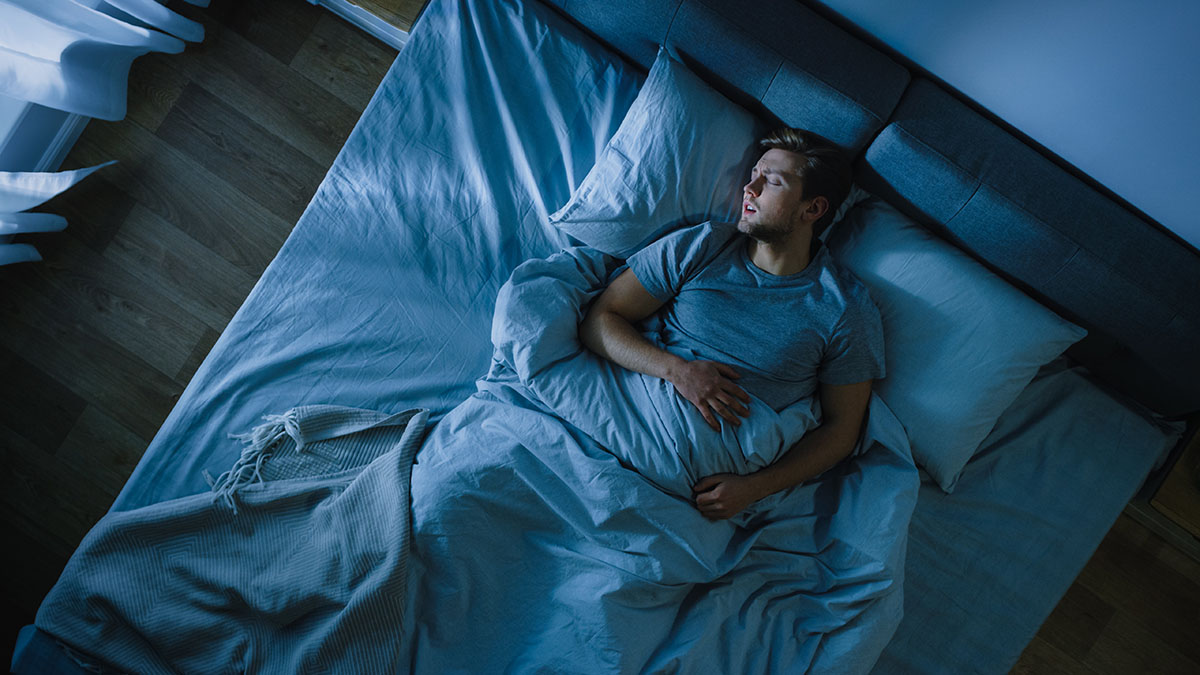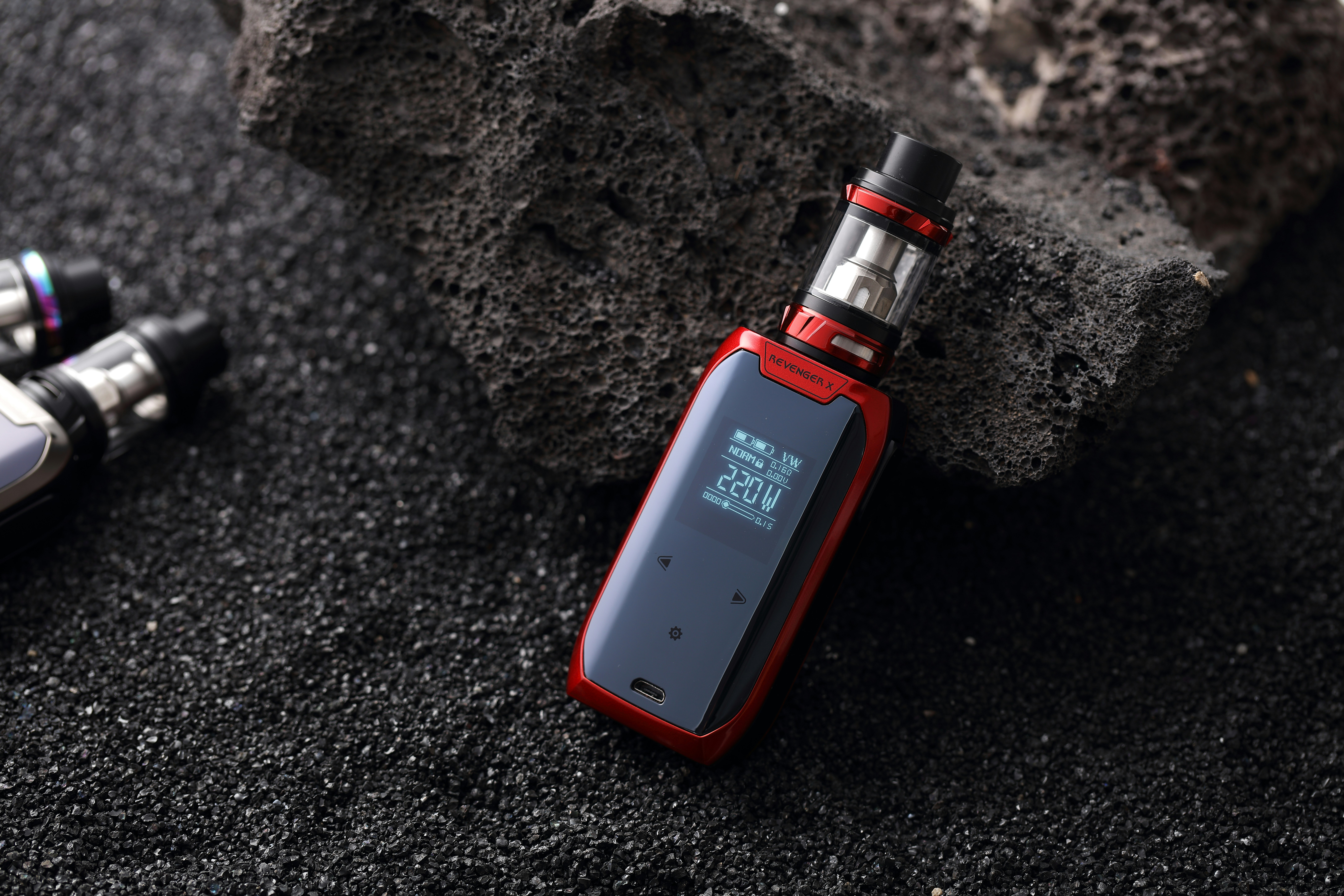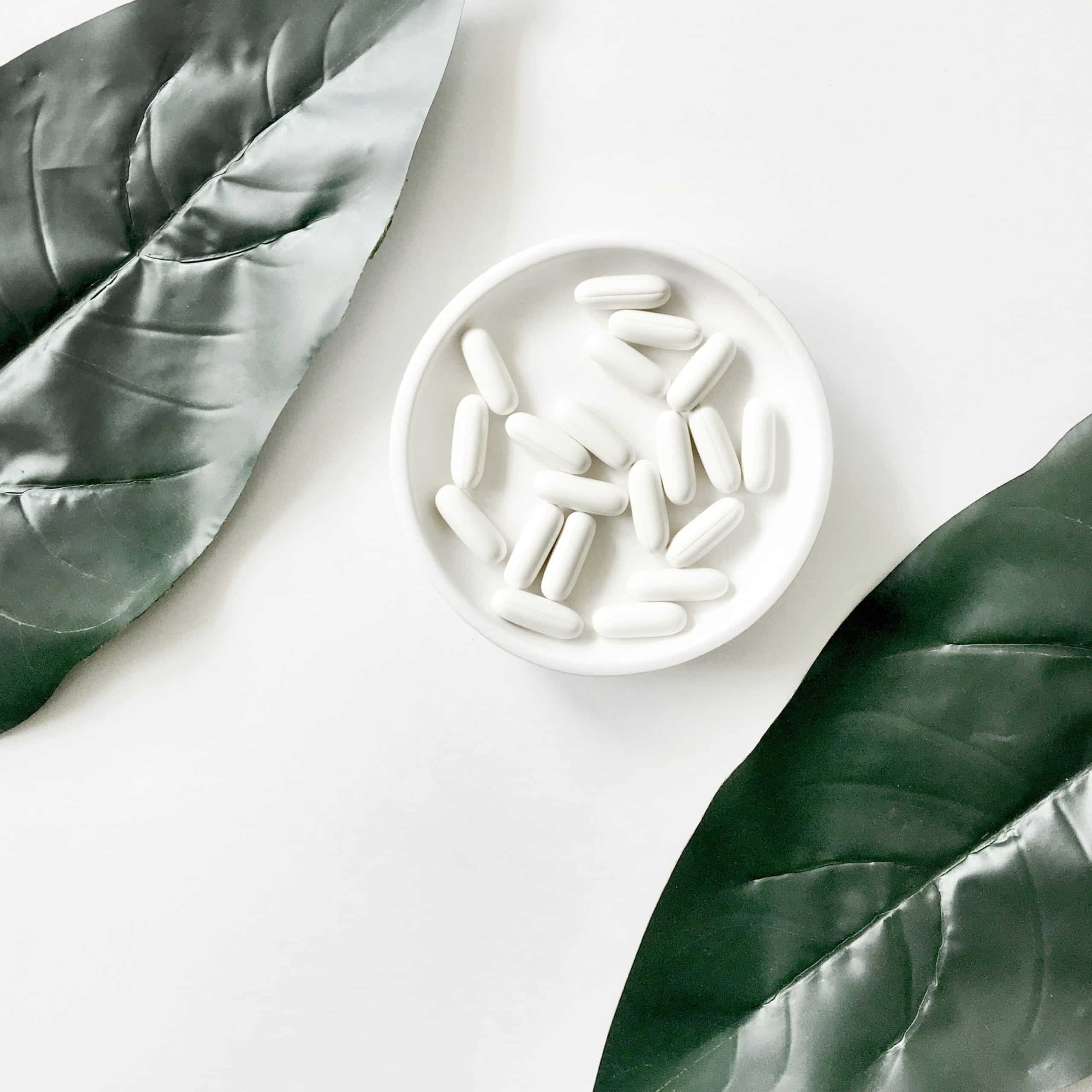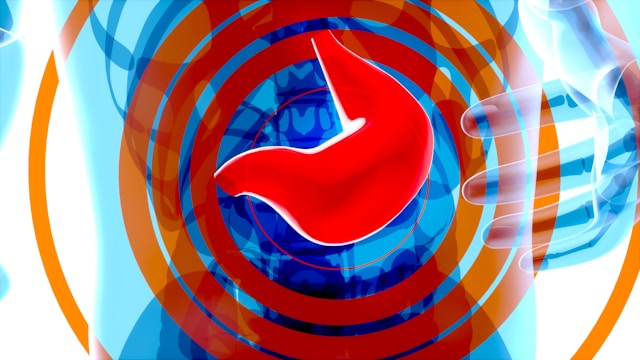Prescription drug addiction is rising dramatically across all segments of the population. The most commonly abused prescription drugs fall into three categories: Opiates (such as OxyContin, Vicodin, and Percocet), Benzodiazepines (such as Xanax and Valium), and Stimulants (such as Adderall and Ritalin). In 2005, a government report estimated that twenty percent of all Americans had been using prescribed medications for nonmedical reasons. Many illegal drug addicts find prescription medications appealing because they are synthetic, potent, and pure when acquired from pharmacies. Natural tolerance to prescription medications builds over time.
Even individuals who take prescription drugs for justified medical reasons may begin to increase pill consumption gradually, resulting in addiction. Even though this starts out innocently, individuals will begin to display behaviors associated with prescription drug addiction. Lakeview Health is here to provide the necessary prescription drug detox center and treatment you need to work through your addiction and recover.
Prescription Drug Withdrawal Symptoms
Opiates
Opiate medications are generally found in pain relievers, anesthetics, and cough suppressants. When a person is in legitimate pain, opiate medications bind to opiate receptors and decrease pain. If pain is not present and/or opiates are not taken as prescribed, the medication will produce a euphoric effect. Chronic opiate addiction can create devastating physical complications such as stomach bleeding, kidney damage, liver damage, nervous system damage, decreased libido, respiratory damage, or death. Once the body becomes dependent on opiates, not having opiates will produce extremely uncomfortable withdrawal symptoms. An opioid detox center provides around-the-clock care to ensure you can get through withdrawal safely.
| Withdrawal Symptoms | |
|
|
Benzodiazepines
Benzodiazepines are typically prescribed to treat insomnia, anxiety, seizures, and moderate to severe stress. When abused, they can create a sense of euphoria, vivid visuals, full-body highs, and relaxation. Ambien, Ativan, Klonopin, Valium, and Xanax are the most commonly abused benzodiazepines. Most people will become reliant on these medications to change their physical state but never resolve underlying issues that may be contributing to their need for them. Those who are dependent on benzodiazepines will appear to be either in a state of constant stress or panic or on the other extreme too relaxed. A benzo detox center provides medical care during these withdrawal symptoms, which can be potentially fatal in some circumstances.
| Withdrawal Symptoms | |
|
|
Chronic benzodiazepine use creates a protracted withdrawal. This means that even after the initial detox, which can last up to 14 days, an individual may suffer from depression, anxiety, insomnia, gastrointestinal issues, neurological and musculoskeletal problems for several months.
Stimulants
Stimulants speed up the functions of an individual’s brain and body. They are generally prescribed to treat attention deficit hyperactivity disorder (ADHD), narcolepsy, and chronic fatigue syndrome. These drugs can increase energy, cause wakefulness, decrease appetite, or induce euphoria. Chronic stimulant abuse produces adverse effects such as hallucinations, repetitive behaviors, and sleep deprivation which can lead to psychotic episodes, malnutrition, and digestive problems. Stimulants are popular among students as a study and test-taking aid because they allow the user to maintain energy and concentration over an extended period of time. The most commonly abused stimulants are Adderall and Ritalin.
| Withdrawal Symptoms | |
|
|
Prescription Drug Detox
Opiate, benzodiazepine, and stimulant addictions all require inpatient medical detox in order to safely stop using the medications. Prescription drug abuse has an adverse impact on an individual’s mental and physical health, therefore inpatient medical detox should be followed by inpatient rehab in order to stabilize the recovering addict. Many people who suffer from prescription drug addiction may have chronic pain issues or mental health issues that require medications. A Florida drug detox is able to address these issues without the use of addictive medications.
Prescription Drug Addiction Treatment
At Lakeview Health, we are here to help out clients through the entire prescription drug detox and treatment process. By offering a full continuum of care, our team is able to help individuals and their families recover and heal from prescription drug addiction. Throughout residential treatment, individuals are able to learn the coping skills and life tools they need to continue in their recovery.
To begin at our prescription drug detox, contact Lakeview Health today at [Direct]. Our admissions team is ready to help you begin your journey.
Lakeview Health strives to keep our clients and staff safe during the current COVID-19 pandemic. Learn about new guidelines and updates today.
We currently accept Aetna, Cigna, and United Healthcare. We do not currently accept Medicare, Medicaid, or Florida Blue.




